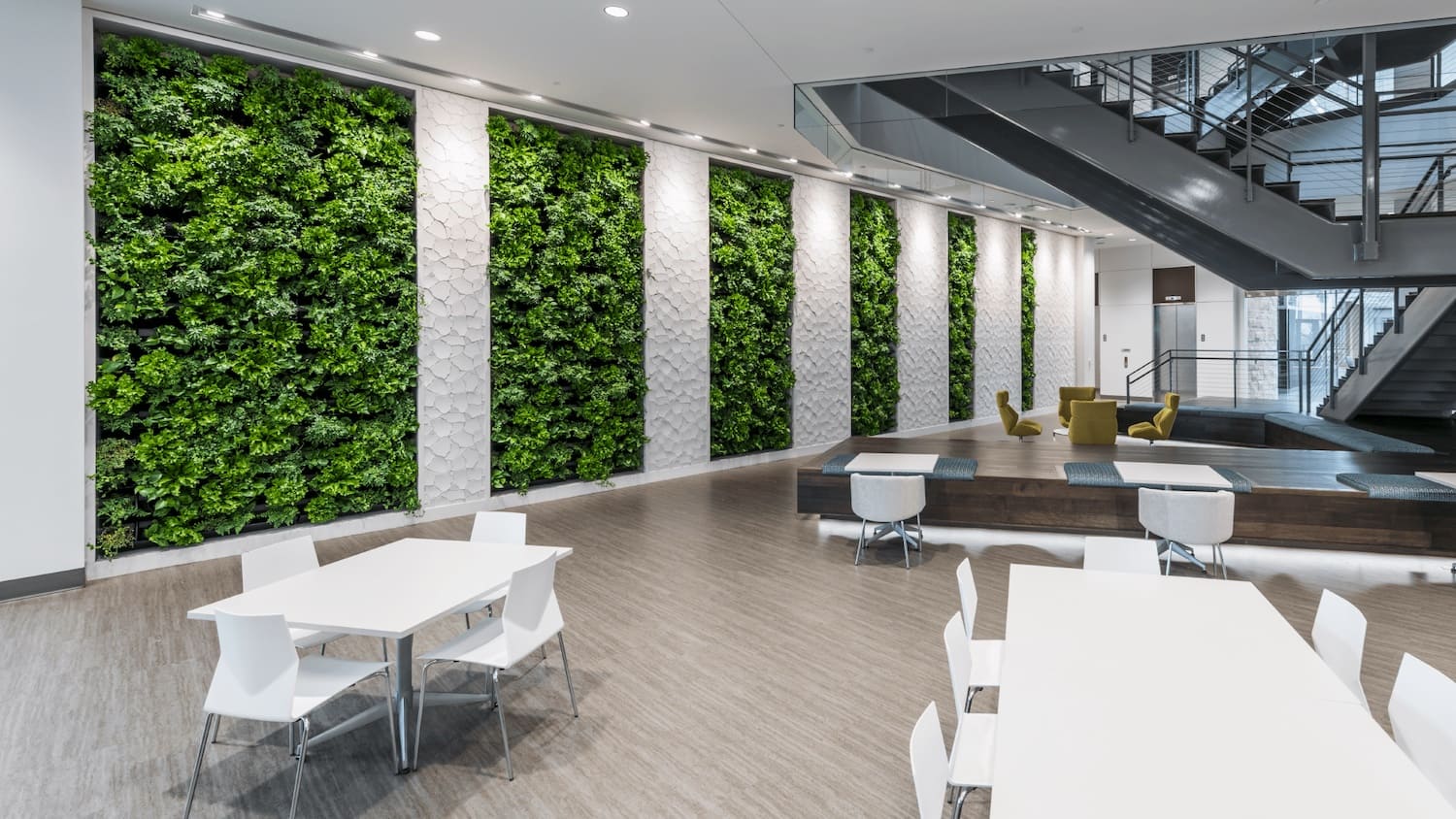The Science Behind Biophilia
Biophilia is not just a philosophical concept; it is deeply rooted in science. Research in psychology, neuroscience, and environmental design has demonstrated that exposure to natural environments can significantly enhance cognitive function, reduce stress levels, and improve mood. Our evolutionary past, in which survival depended on an acute awareness of natural surroundings, has shaped our brain's positive response to greenery, water features, and natural light.Studies have shown that individuals who engage with nature regularly experience measurable improvements in physiological markers such as heart rate, blood pressure, and cortisol levels. Additionally, exposure to natural elements has been linked to enhanced immune system function and faster recovery times after illness or surgery.
Biophilia and Physical Health
Reduced Stress and Improved Heart Health
Nature has a calming effect on the body, reducing the production of stress hormones and lowering blood pressure. Forest bathing, a practice popularized in Japan known as "shinrin-yoku," is a prime example of how immersion in nature can lower cortisol levels and support cardiovascular health.
Enhanced Immune Function
Natural environments are rich in phytoncides—volatile organic compounds emitted by plants that have antimicrobial properties. These compounds have been shown to increase the activity of natural killer (NK) cells, a crucial component of the immune system that helps the body fight infections and even cancer.
Accelerated Healing and Recovery
Research has demonstrated that hospital patients who have views of greenery or natural landscapes recover faster, require less pain medication, and experience fewer post-operative complications. This has led to increased interest in biophilic design in healthcare settings, incorporating elements like indoor gardens, green walls, and natural materials.
Biophilia and Mental Well-being
Improved Mood and Reduced Anxiety
Contact with nature has been shown to decrease anxiety, depression, and feelings of isolation. Time spent in green spaces or near bodies of water can stimulate the production of serotonin and dopamine, neurotransmitters that regulate mood and promote a sense of calm.
Enhanced Cognitive Function
Spending time in nature has been linked to improved memory, attention, and problem-solving skills. Green environments provide restorative effects on the brain's prefrontal cortex, helping individuals recover from mental fatigue. Studies have shown that even brief interactions with plants, gardens, or natural landscapes can improve focus and productivity.
Social Connection and Community
Biophilic environments often encourage social interaction, strengthening community bonds. Parks, gardens, and shared green spaces promote gatherings, exercise, and collaborative activities, contributing to overall mental well-being.
Biophilic Design in Modern Architecture
Biophilic design is an emerging trend in architecture and interior design that integrates natural elements into built environments.

This approach aims to improve occupants' well-being by creating spaces that mimic the benefits of the natural world. Key features of biophilic design include:
- Natural Lighting: Maximizing access to daylight reduces eye strain, improves circadian rhythms, and boosts mood.
- Green Walls and Indoor Plants: Living walls and indoor gardens purify air, reduce stress, and enhance the visual appeal of spaces.
- Water Features: Incorporating fountains, aquariums, or indoor ponds promotes relaxation and a sense of calm.
- Organic Materials: Using wood, stone, and other natural materials fosters a sense of connection to the earth.
Biophilic design has proven particularly beneficial in workplaces, hospitals, and educational institutions, where it improves focus, creativity, and recovery rates.

